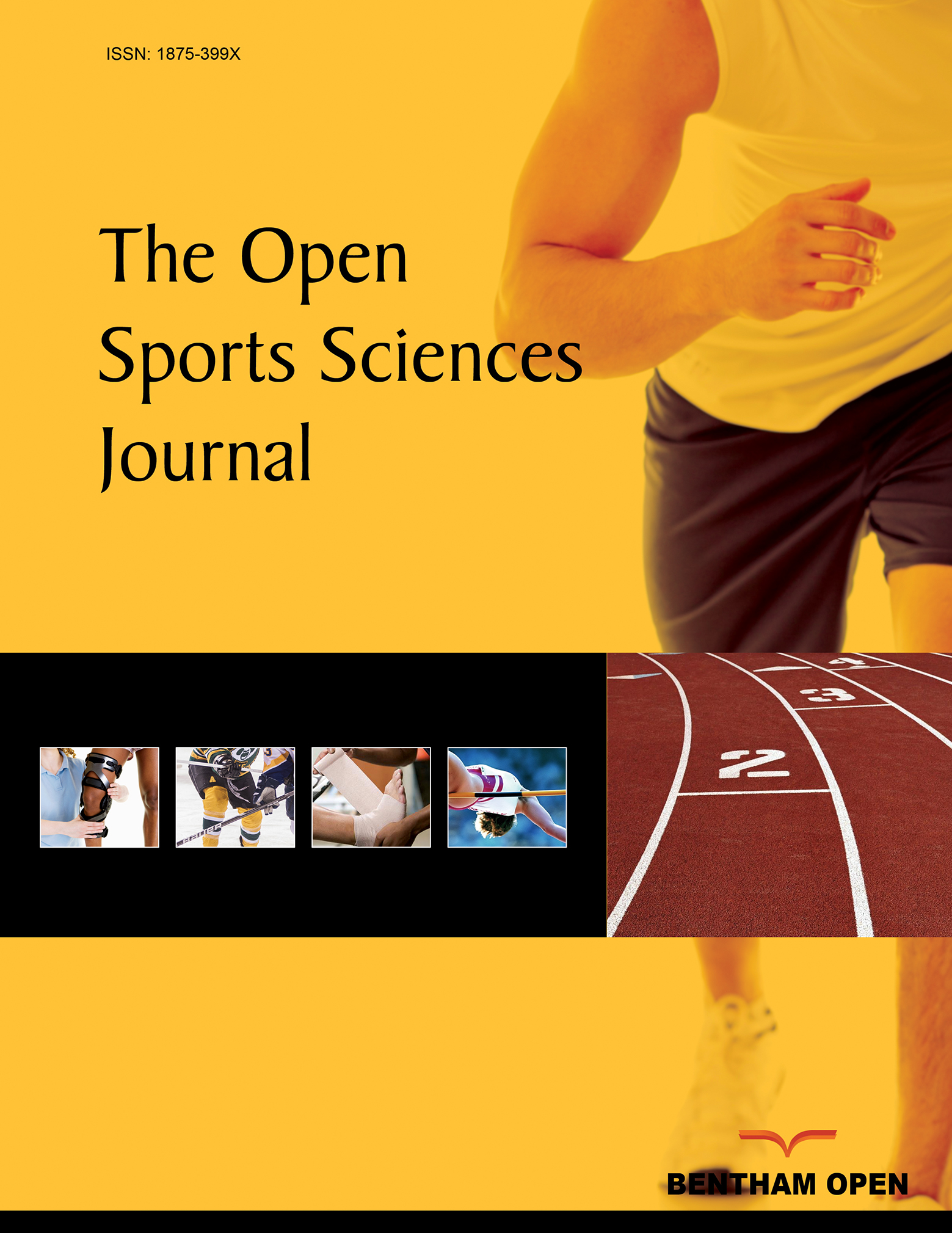Effects of Banana (Musa Sapientum Linn) Consumption for Physical Strength, Metabolic Response, Oxidative Stress, Lipid Profiles, and Interleukin-23 in Healthy Men: A Preliminary Study
Abstract
Background:
Banana (Musa sapientum L.) is one of the many fruits that is well consumed in many countries having lots of benefits on health; however there are less evidences regarding physical performance, oxidative stress, metabolic, lipid, and pro-inflammatory cytokines in human. The aim of this study was to evaluate the effects of four weeks of banana consumption on physical strength, metabolic response, oxidative stress status, lipid profiles, and interleukin-23 in healthy men.
Methods:
Thirty healthy men were included in two week control and four week consumption periods. The parameters were evaluated by physical strength (back-leg strength, hand grip, and quadriceps strength), metabolic response to a cycling exercise test ((directed oxygen consumption (VO2), exercise time, respiratory exchange ratio (RER), ventilatory threshold (VT)), blood antioxidant status ((total antioxidant capacity (TAC), glutathione (GSH), malondialdehyde (MDA)), lipid profiles ((triglyceride, cholesterol, high density lipoprotein (HDL)), and plasma interleukin-23 (IL-23). These measures were evaluated in two times for 2 weeks before the continuous consumption of pulp from two ripe bananas, morning and evening for 4 weeks.
Results:
The results showed no statistical difference in parameters over the two week control period. After four weeks of banana consumption, the back strength, exercise time, RER, and VT were significantly improved. TAC and GSH levels were increased and MDA, triglyceride, cholesterol, and IL-23 were reduced significantly when compared to the control period.
Conclusion:
These preliminary results suggest that banana supplementation involves some physical strength, oxidative stress, lipid profile, and IL-23 levels in healthy human.


